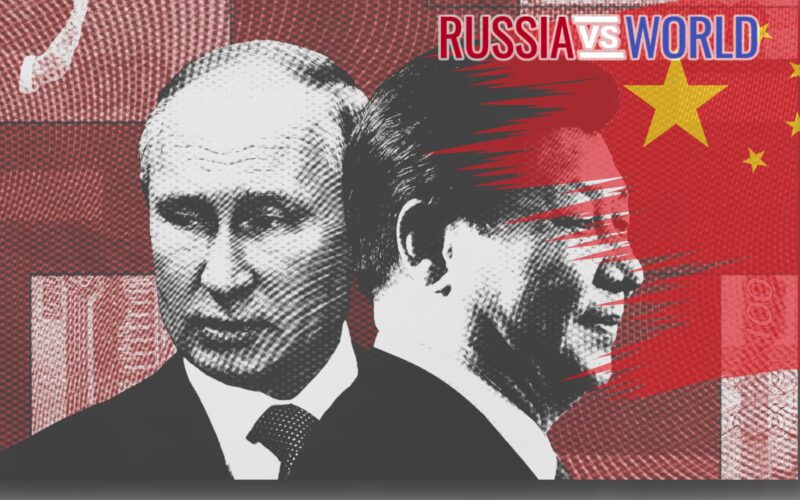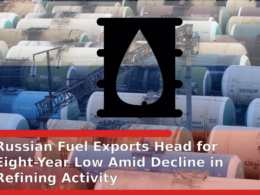How North Korea is turning into an uncomfortable ally for China
The existence of Kim Il Sung’s regime since 1945 depended on successfully balancing between the USSR and China.
China has tried to cast itself as a force for peace and contrast itself with the United States, which it accuses of trying to wage a new Cold War. The prospect of soldiers from China’s only treaty ally battling Western-backed forces on behalf of one of Beijing’s closest partners undermines that narrative.
China is now stuck in a middle ground. While the West has tried to isolate Russia, China has deepened trade and diplomatic ties to Moscow since Russia invaded Ukraine in 2022. Beijing may not know how to rein in North Korea’s efforts to help the Kremlin, said Victor D. Cha, a professor of government and international affairs at Georgetown University and the Korea chair at the Center for Strategic and International Studies in Washington.
DPRK skillfully leveraged resources from both sides. For China, North Korea served as a strategic buffer between its borders and American forces stationed in Japan and South Korea. Meanwhile, for the USSR, North Korea was viewed as a means of applying pressure on China and as an additional base to challenge Mao.
Russia’s invasion of Ukraine provides North Korea with an ideal opportunity to diversify, which Kim Jong-un has eagerly seized. He can offer Russia nearly all of the regime’s unique assets—weapon stockpiles, arms production, cyber services, and even cheap labor. In return, North Korea stands to gain political influence in its dealings with China, as well as essential supplies like food, fuel, and advanced missile technologies (a major concern for Japan and South Korea, and a source of tension for China). Given the poor state of North Korea’s civilian economy, even modest resource support from Russia is highly impactful.
Kim is currently signaling to China that he can secure money and food from sources other than China. Meanwhile, Russia has limited options. With their domestic production capabilities strained, they have nowhere else to acquire weapons aside from North Korea and Iran.
Ultimately speaking, the Kim regime seeks to ensure its survival and maintain power by reducing its dependence on a single neighbor. China, on the other hand, aims to undermine the unity of democracies and plans to use Russia for this, but it doesn’t want to let Russia too close into its “safe harbor.”
In conclusion, what distinguishes autocracies significantly from developed democracies is that they don’t fully trust their colleagues, even when they are situational allies or long-term partners. More accurately, they view them as treacherous opportunists, much like themselves.








